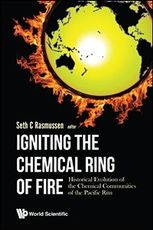
Igniting the Chemical Ring of Fire: Historical Evolution of the Chemical Communities of the Pacific Rim
Authors : Seth C Rasmussen (North Dakota State University, USA)
Publisher : World Scientific
ISBN : 978-1-78634-454-0
There are currently no reviews for this book title.
From the rise of chemical technology in antiquity to the present day, Igniting the Chemical Ring of Fire tracks the development of professional chemistry communities in the countries of the Pacific Rim. Critical in this process was the development of local education and training in chemistry. The doctorate in chemistry is generally regarded as coming into existence in early 19th century Germany, with the model spreading globally as time passed. In early years it was common for international chemistry scholars to train at the ranking German or English universities before returning to their home countries to seed a local version of the doctorate. However, little has been formally written about this process outside of Europe.
Representing a first in the field for countries of the Pacific Rim, this book documents the detailed history of chemical communities in ten countries from a team of internationally renowned historians. Providing insights into how and when these countries initiated local chemistry PhD programs and became independent chemical entities, Igniting the Chemical Ring of Fire shows that there is no single path to development.
Representing a first in the field for countries of the Pacific Rim, this book documents the detailed history of chemical communities in ten countries from a team of internationally renowned historians. Providing insights into how and when these countries initiated local chemistry PhD programs and became independent chemical entities, Igniting the Chemical Ring of Fire shows that there is no single path to development.
Details for this author is currently not available.
There are currently no reviews for this book title.
Buy this book, https://www.worldscientific.com/worldscibooks/10.1142/q0133, 13575, false
FAQs
Click on the "Buy this book" button
You can email us at book-review@enago.com and we will get back to you with the next steps shortly.
New Releases
-
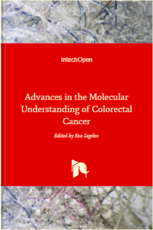
Advances in the Molecular Understanding of Colorectal Cancer
-
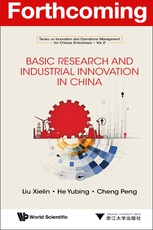
Basic Research and Industrial Innovation in China
-
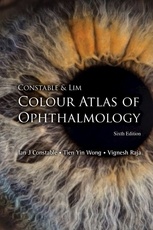
Constable & Lim Colour Atlas Of Ophthalmology: Sixth Edition
-
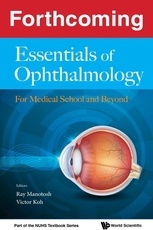
Essentials of Ophthalmology: For Medical School and Beyond
-

Fixed Revenue Accounting: A New Management Accounting Framework
All featured publishers and authors can avail of a free promotional interview on Enago Academy! Write to us now!
